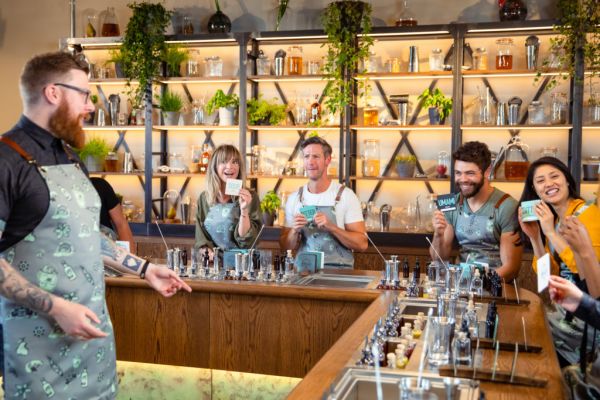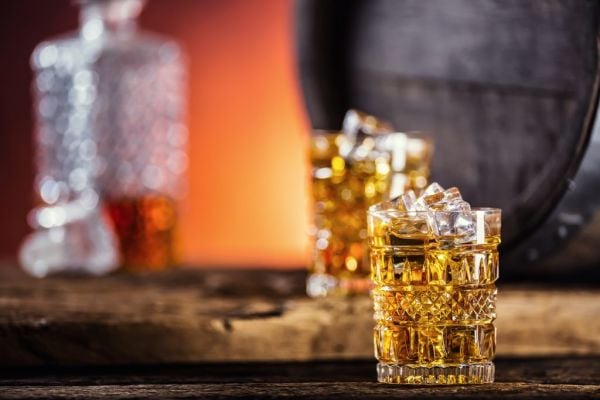Scotland, the ancestral home of whisky, has also made beer for thousands of years, yet its brewing industry is a wee dram in the bucket compared with the $7 billion export market for its namesake spirit.
Now a handful of brewers from Glasgow to Argyll are looking for customers, distributors, and even employees in the US, where regional beers have become a $14.3 billion industry.
“In America they’ve had a craft beer revolution. Here we’ve had a good beer evolution,” says Stephen Crossland, founder of Loch Ness Brewery, a half-mile from the lake that’s home to the mythical monster.
The emergence of Scottish brewers such as Loch Ness and BrewDog comes as Scotch has lost some of its edge. Exports fell 8.6 per cent in the first nine months of 2014, according to Rabobank, and No.?1 distiller Diageo has slowed its investment in Scotch-making facilities.
To capitalize on a government campaign promoting Scottish food and beverages, eight brewers with combined sales of more than £30 million ($46 million) in January formed The Brewers’ Association of Scotland. Last October, 10 brewers travelled to Boston and Toronto to talk with North American brewers and importers, including Jim Koch, chairman and founder of Boston Beer, brewer of Samuel Adams. The Scots’ trans-Atlantic journey mirrors the one made in the 1990s by Koch and other early American craft brewers, who travelled to Europe to soak up some of the secrets behind German pilsners, English bitters, and Belgian ales.
Hops, which lend flavour and bitterness to beer, don’t grow in Scotland, so early brewers there used heather and bog myrtle. Some still do: Williams Bros. Brewing in the port town of Alloa makes heather ale, known in Gaelic as leann fraoich. Another Williams Bros. ale contains fresh seaweed. “Scottish brewing offers something different than the craft beers from the rest of Britain, so you can understand why they want to forge their own identity as new and unique,” says Martyn Cornell, managing editor of UK beverage industry publication Propel Info.
James Watt and Martin Dickie of Aberdeenshire-based BrewDog began selling their hops-infused Punk IPA in 2007. They once brewed a beer with 55 per cent alcohol content, sewing bottles of it inside dead squirrels to generate publicity and thumb their nose at what they deemed the “monolithic corporate beers” made by such brewers as Anheuser-Busch InBev and SABMiller.
BrewDog has exported to the US since 2008—sales outside the UK rose 49 per cent last year—and it now wants to hire a US-born brewer. It’s not alone in tapping Yankee expertise. Loch Ness, which will begin exporting to the US this year, has teamed with Boston area-based Cambridge Brewing to create Loch Ness Monstah, which Cambridge will sell at its brewpub.
Whisky also presents an opportunity for Scottish beer. The basic ingredients in both are similar—malted grain, yeast, and water—and whisky begins its life as something called wash, also known as “distiller’s beer.” Some craft brewers have started barrel-aging their beers in casks that once held whisky, a trend that plays right into the Scots’ hands. “Whisky drinkers are well-heeled and don’t want to be seen drinking a beer,” says Loch Ness’s Crossland. “But we’ve educated them that there is premium beer.” In fact, he argues, referring to the transformation from distiller’s beer to the harder spirit, “whisky takes good beer and ruins it.”
The bottom line: Whisky exports fell 8.6 per cent in the first nine months of 2014. Brewers hope to expand the Scots’ footprint overseas.
Bloomberg News, edited by Hospitality Ireland









